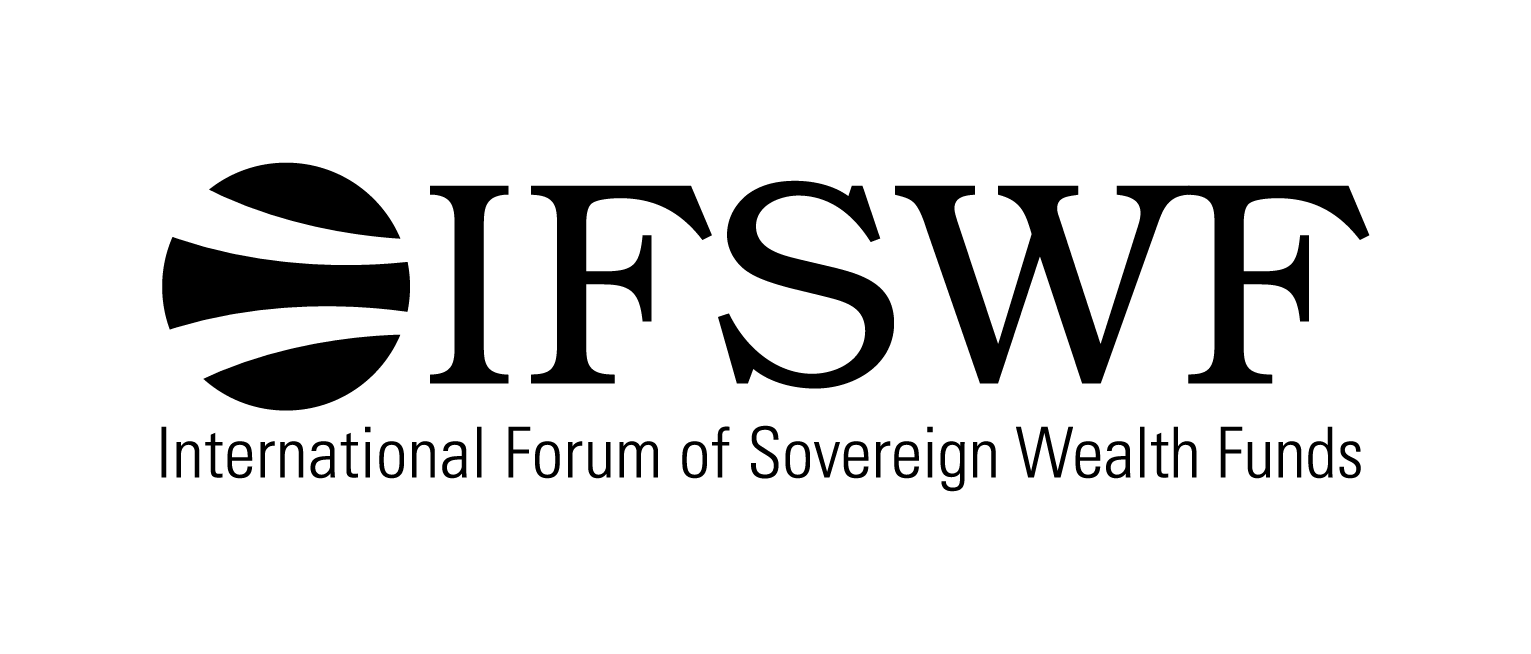Since the global financial crisis, there has been a marked change in how governments use their liquid and illiquid assets. With interest rates at record lows and global economic growth sluggish, the appeal of traditional savings and stabilisation funds has diminished. Instead, many states have created development funds that form part of their domestic economic policies.
These funds follow the lead of two well-established South-East Asian SWFs, Singapore’s Temasek Holdings and Malaysia’s Khazanah Nasional. These funds acquire stakes in companies in strategic industries to nurture their development, promoting the growth of the wider economy and realising financial returns. Temasek and Khazanah have also been able to build portfolios of overseas assets from the proceeds of the realisation of some of their major investments, as well as using the dividends and other cash distributions they receive from their portfolio companies.
The Irish Strategic Investment Fund (ISIF) neatly illustrates how these vehicles differ from traditional savings funds. ISIF has a mandate to invest on a commercial basis to support economic activity and employment in Ireland in targeted economic sectors. The fund’s recent activity includes the launch of an infrastructure development plan to finance student accommodation across Ireland and a €100 million ($107 million) fund that will offer loans to Irish milk producers.
Strategic funds can promote the domestic economy in a variety of ways. They may provide financing to early-stage companies in strategic industries, or buy long-term stakes to facilitate the development of more mature firms. Some, like Kazakhstan’s Samruk-Kazyna, are active managers of their portfolio companies, aiming to upgrade their operations and profitability with a view to privatisation.
Some strategic funds will make direct investments in critical infrastructure projects, occasionally using their local expertise to leverage co-investments from peer institutions.
Case Study: Investment Corporation of Dubai (ICD)
Established in 2006, ICD manages a broad portfolio of local and international assets across the various sectors supporting Dubai’s growing economy. ICD’s mandate is to consolidate and manage the Government’s portfolio of commercial companies and investments. The fund also provides strategic oversight by developing and implementing an investment strategy and corporate governance policies that maximise value for the long-term benefit of the Emirate of Dubai.
ICD focused on consolidating the state-owned enterprises entrusted to it in its early years. Since then, the composition of the core portfolio has remained relatively stable, with the portfolio companies growing and performing well over cycles. For some time now, ICD’s focus has been on portfolio management and capital deployment, both critical to successfully implementing its mandate. As a natural evolution of the strategy, ICD has recently emphasised a gradual repositioning of the portfolio to achieve a greater level of diversification and enhance its long-term risk-adjusted return potential.
ICD does not typically direct the day-to-day operations of its portfolio companies. Each portfolio company is managed by its management team and guided and supervised by its Board of Directors. However, in its capacity as a shareholder, ICD can actively engage various stakeholders, including the boards and management teams of its portfolio companies, either directly or through designated board members. Shareholder activity is carried out to promote sound business practices, consistent with ICD’s mandate to supervise and monitor its portfolio companies.
When required or justified by circumstances, ICD also provides assistance to its portfolio companies to support their development. This support may take various forms, including advice on strategy, funding, ESG, HR and legal matters. Occasionally, ICD also facilitates cooperation between portfolio companies, as appropriate.


